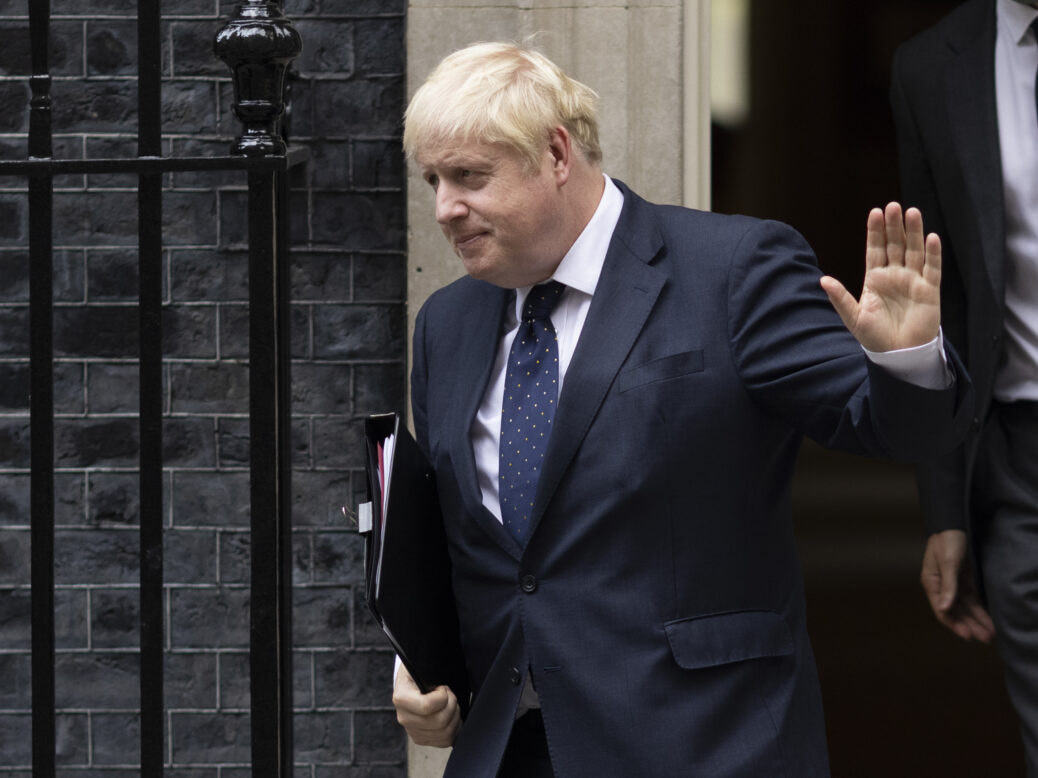
Boris Johnson will announce plans to increase National Insurance by an expected 1.25 per cent this afternoon, as he faces down Conservative Party rebels over a manifesto promise-breaking tax hike to fund the NHS and, eventually, social care.
The “eventually” there is important. Despite this plan’s initial billing as Johnson’s grand plan to fix the crisis in social care once and for all, the funds raised from this tax increase won’t contribute towards social care right away, instead being funnelled towards NHS backlogs for the next three years, if not longer.
That is one of the reasons why Conservative MPs are unhappy about it this morning. Not only are they concerned about a blunt tax increase that breaks a manifesto commitment, they are also increasingly viewing the proposals as less of a plan fundamentally to reform the social care system, and more as a simple tax rise to pay for the spiralling costs of the NHS, spun as something more ambitious.
Since yesterday, the plans are understood to have been finalised to address the perception that the National Insurance rise would unfairly target younger people, with the proposals now expected to be accompanied at some stage with an announcement that the triple-lock on pensions is being replaced by a double-lock, while National Insurance itself is expected to be reformed to comprise working pensioners for the first time. Whether those changes assuage would-be rebels is a different matter.
There are already rumours of a snap vote on the plans in the coming days, which could be the government’s saving grace. We are likely to see a rerun of July, when the government saw off a Tory rebellion on the international aid budget by bouncing MPs into a vote with no notice, accompanied by some slight concessions, some threats, and some charming phone calls from Rishi Sunak to individual MPs, which together were enough to spook some into doubting that their colleagues would still join them in rebelling, therefore deciding not to rebel themselves.
Johnson’s government has struggled with party management, and Conservative MPs have been in a fractious mood for months over a long list of issues. But the foreign aid vote is an example of how the government has found a way of working around its irascible MPs. It worked in July, and it could work again.
[See also: The big problem with Boris Johnson’s social care plan]





